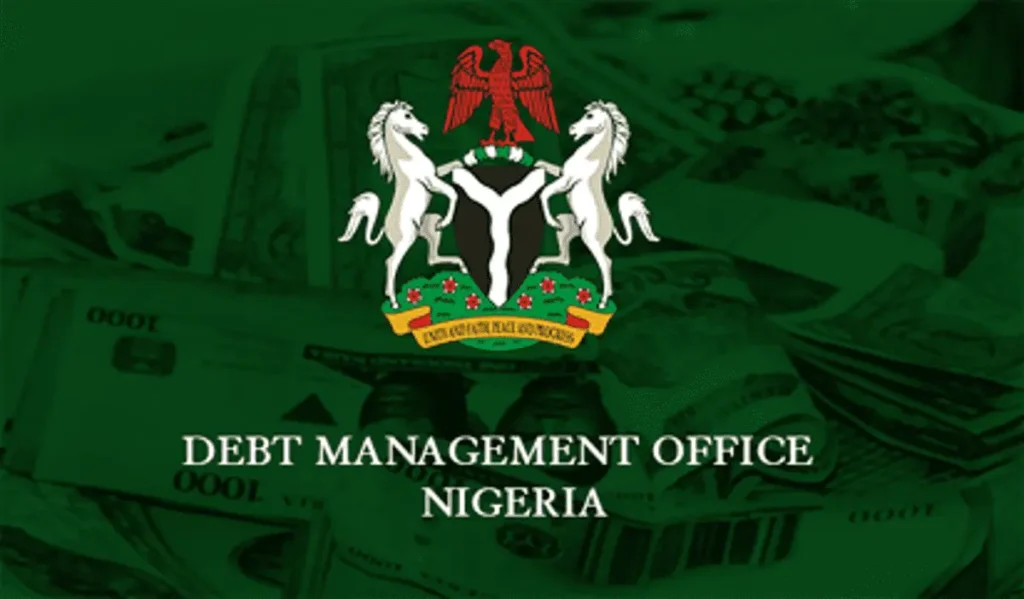Caritas Nigeria, a non-governmental organization of the Catholic Church, has expressed concern over the country’s rising debt, calling the current debt high and alarming.
The Church sounded the alarm during a one-day roundtable discussion organized by Caritas Nigeria in collaboration with the State Secretariat of Churches and Society (HJDP) and the Archdiocese of Kaduna, Justice, Development and Peace Caritas (JDPC). “Equity in Public Debt Management (PDM) and Special Drawing Rights (SDR) Usage in Nigeria: The Role of Faith-Based Actors”
Head of Good Governance, JDPC, Nigeria Catholic Secretariat, Joe Nkamke, has warned the Federal Government about the rising debt, adding that it is even more worrying that most of these debts are not being utilized for production. He said that this is true.
Nkamuke ordered faith-based leaders to use the Freedom of Information Act (FOIA) to ask questions about how some of these loans are being used.
“Use FOIA to ask questions. Use your pulpit to raise awareness and let people know what’s going on and the dangers of irresponsible debt,” he added.
However, he said Nigeria’s debt had increased from N97.34 trillion in December 2023 to N24.33 trillion within three months to N121.6 trillion in the first quarter of 2024.
“Every country borrows money. But the question is, what are they borrowing for? That’s the difference between responsible borrowing and irresponsible borrowing.”
Mr. Nkamuke stressed the urgent need to diversify the country’s revenue base by reviving the country’s sluggish non-oil sector, and said that through the implementation of effective policies to strengthen domestic production and promote import substitution, businesses will This can be achieved by creating an enabling environment for entrepreneurs and entrepreneurs, he added. . He said the government should take deliberate steps to avoid high budget allocations for recurrent expenditures as this is not sustainable.
According to him, it is important for Nigeria to cut down on frivolous expenditure and focus on investment in the main productive sectors of the economy. He also advised the government to work with some creditors to explore the possibility of debt forgiveness.
At the beginning of the ceremony, the Catholic Archbishop of Kaduna, Most Reverend Matthew Manoso Ndagoso, was represented by Fr. Philip Gaya said continued borrowing poses risks to Nigeria’s financial stability and economic growth.
He said high levels of corruption, lack of transparency and poor governance hinder effective public debt management in Nigeria.
Earlier, Jude Akwo, Program Officer at Caritas Nigeria, said the essence of the roundtable was to encourage faith-based leaders to advocate to government on the need for responsible spending of resources, especially resources. He explained that it was to draw attention to responsibility. borrowed funds.

